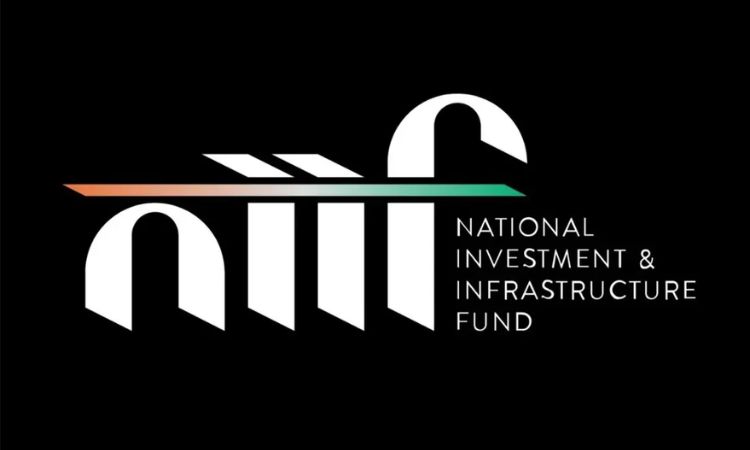The ongoing quest to find a CEO, for India’s National Investment & Infrastructure Fund (NIIF) has sparked worries among investors potentially putting government business plans at risk. Despite the involvement of recruitment firm Russell Reynolds, there has been headway made since Sujoy Bose’s departure. These delays could impede NIIF’s progress. Have implications for raising funds, for infrastructure enhancements.

The prolonged quest for a new Chief Executive Officer at the National Investment & Infrastructure Fund (NIIF) is giving rise to concerns among investors, potentially posing a risk to the government’s business plans, according to sources.
The board of India’s state-backed fund has engaged recruitment firm Russell Reynolds to conduct the search. However, there has been little progress about 11 months after the premature departure of Sujoy Bose. External candidates have shown caution due to uncertainty surrounding the fund’s strategy and the level of government influence.
Known as NIIF, the fund boasts a roster of both global and domestic investors, including backers like Abu Dhabi Investment Authority and Temasek Holdings Pte. Several investors are closely monitoring the process, and any further delays could impact their willingness to contribute to NIIF’s new fundraising initiatives.
Currently, the heads of various NIIF units, encompassing Master Fund, Fund of Funds, and Strategic Opportunities Fund, are guiding their respective businesses. However, a coherent investment strategy for the $4.3 billion fund is absent. The sources emphasize that a delay in appointing a new CEO may soon impede NIIF’s growth, which the government intends to harness to amass billions of dollars for enhancing the nation’s infrastructure.
In May, the company designated Rajiv Dhar, its chief operating officer, as interim CEO until a permanent successor is identified for Bose. Bose had announced his intention to step down in September, several years ahead of his term’s completion, an action that many interpreted as a sign of the government’s frustration with the fund’s performance.
India’s Finance Minister, Nirmala Sitharaman, had expressed her desire last year for the firm to strengthen its foundation and had pledged to review its operations.
NIIF represents India’s inaugural significant endeavor to establish a domestic capital-raising structure. It is predominantly owned by global investors, with the Indian government holding a 49% stake, making it the largest shareholder. The fund’s primary focus lies in investing in local enterprises engaged in constructing power plants, airports, and roads. Additionally, it extends long-term loans through its newly established shadow bank unit.















